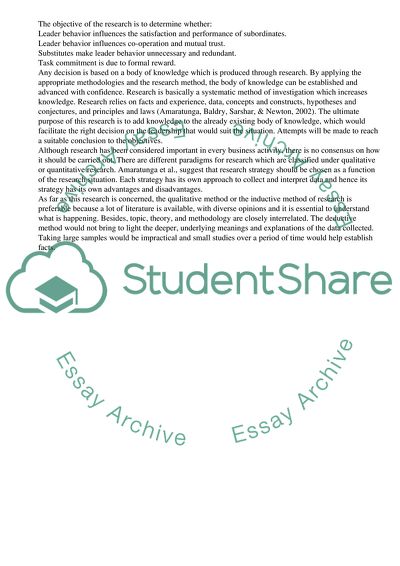Cite this document
(Contingency Leadership Theories Research Proposal, n.d.)
Contingency Leadership Theories Research Proposal. Retrieved from https://studentshare.org/management/1541629-research-proposal-on-contingency-leadership-theories
Contingency Leadership Theories Research Proposal. Retrieved from https://studentshare.org/management/1541629-research-proposal-on-contingency-leadership-theories
(Contingency Leadership Theories Research Proposal)
Contingency Leadership Theories Research Proposal. https://studentshare.org/management/1541629-research-proposal-on-contingency-leadership-theories.
Contingency Leadership Theories Research Proposal. https://studentshare.org/management/1541629-research-proposal-on-contingency-leadership-theories.
“Contingency Leadership Theories Research Proposal”, n.d. https://studentshare.org/management/1541629-research-proposal-on-contingency-leadership-theories.


